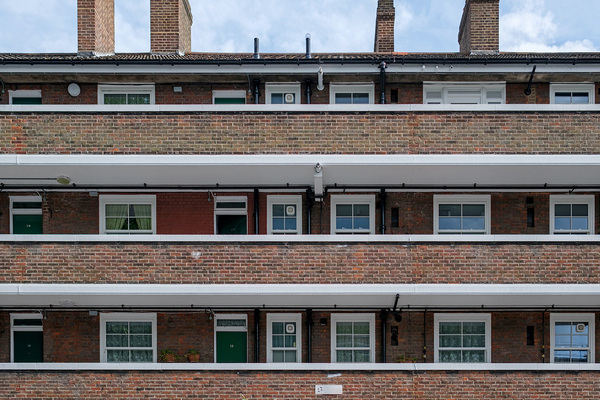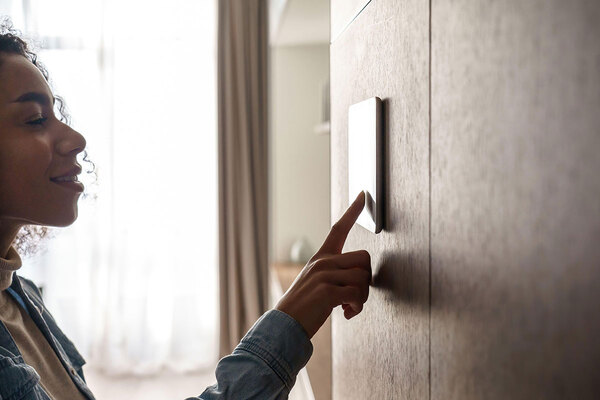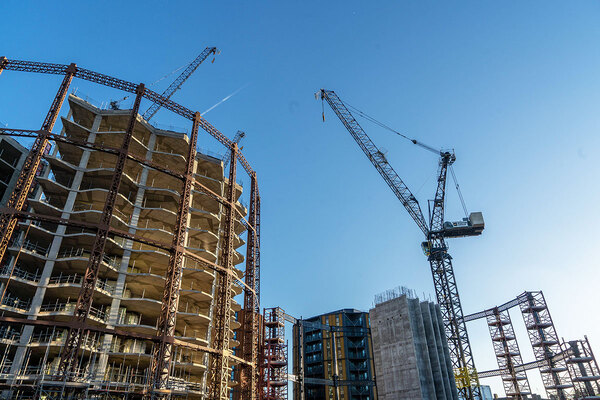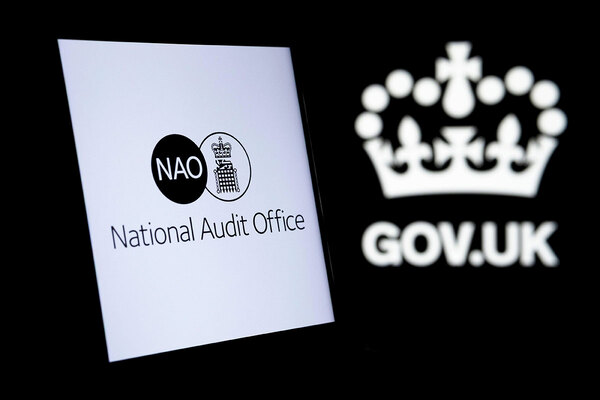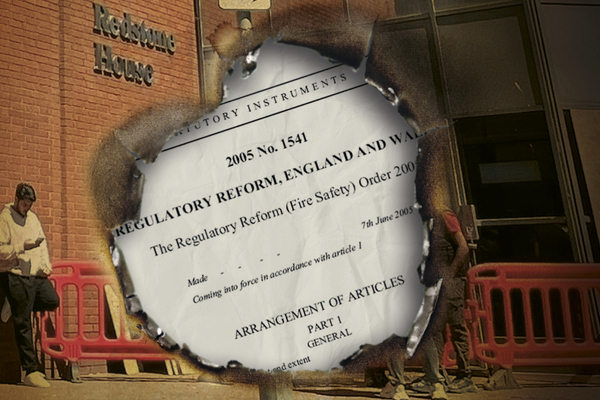Modernising rent payments is no longer optional – it is essential
Digital payment solutions are reshaping the way housing associations manage rent collection and improving financial stability, writes Dave Carr, transformation director at Access PaySuite
The housing sector is under increasing financial strain. In 2024, repair costs for English housing associations reached £5.5bn, while rental arrears owed to local authorities surged by 72% over five years. Coupled with economic uncertainty and stricter regulations, these challenges are putting housing associations under unprecedented pressure.
To navigate this landscape, modernising payment infrastructure is no longer optional – it is essential. Digital payment solutions are reshaping the way housing associations manage rent collection, reduce arrears and enhance financial sustainability.
How tenants pay rent has a direct impact on both their satisfaction and a housing provider’s financial stability. Research shows that 77% of renters using digital payment methods – such as mobile apps, online portals, direct debit, or digital wallets – report higher satisfaction, compared with just 35% of those relying on traditional methods such as bank transfers or cash.
This vast shift towards digital underscores consumers’ growing demand for convenience, security and flexibility – factors that influence whether or not tenants pay on time.
For housing associations, digital payment platforms go beyond convenience. They fundamentally improve cash flow and financial planning. When payments are seamless and easy to complete, tenants are less likely to miss due dates, therefore reducing arrears.
At the same time, digital platforms provide real-time financial data, enabling providers to track payments instantly and forecast revenue with greater precision.
Traditional rent collection methods, such as standing orders, bank transfers and manual processes, can be inefficient. Late or missed payments lead to escalating arrears, which play a significant role in increasing financial pressure on housing associations.
Chasing overdue rent is time-consuming and costly, diverting resources away from core housing services. Housing associations simply don’t have the man-power or budgets to follow up every tenant who’s failed to make payments.
If too many resources are tied up in chasing arrears, it risks compromising the quality and availability of these vital services, ultimately affecting the long-term sustainability of both the housing association and the communities they serve.
Modern digital payment solutions with automated processes, including recurring payment options such as direct debit, make it easier for housing associations to meet their tenants where they are, which alleviates any stress and worry tenants may have about payment deadlines.
With real-time reminders and flexible instalment plans, tenants can manage their payments in a way that fits their budget and schedule. For those facing financial challenges, deferred payment options provide breathing room, helping them stay on top of their housing without falling into long-term debt.
For housing associations, early intervention tools make it easier to identify at-risk tenants and provide support before rent arrears become unmanageable. Tenants are far more likely to remain compliant and pay their rent on time if they’re used to receiving a positive customer experience from their housing association.
By automating payment tracking and notifications, providers can reduce administrative burdens while improving tenant relationships and financial stability.
With more transactions moving online, security isn’t just about protecting data, it’s about giving tenants peace of mind and making life easier for housing associations. Digital payment platforms use advanced encryption, multifactor authentication and fraud detection to keep financial information safe. This not only ensures secure transactions but also helps tenants feel confident in the system they’re using.
Beyond security, staying compliant with financial regulations is a growing challenge. Trying to track everything manually is time-consuming and stressful, with plenty of room for human error. Digital solutions take the pressure off by automating compliance, keeping accurate records and ensuring everything is up to standard so housing teams don’t have to worry about missing something important.
“With more transactions moving online, security isn’t just about protecting data, it’s about giving tenants peace of mind and making life easier for housing associations”
For people managing the accounts, these systems are a game-changer. Instead of constantly double-checking records and chasing compliance updates, they can dedicate their focus to supporting tenants and improving services. Without these solutions, it would be nearly impossible for a housing association to create its own secure payment system from scratch.
Access to real-time financial data is one of the biggest advantages of digital payment solutions. Housing associations no longer need to rely on outdated reports or wait for monthly reconciliations. It’s all done for them. so they can monitor payments instantly, identify arrears trends early and forecast cash flow with greater accuracy.
The housing sector is facing growing financial pressures, especially with the Spending Review delayed till June. In this uncertain environment, real-time data and analytics are essential, helping housing providers make informed decisions, manage financial risks and build long-term resilience.
Digital advancements are also reshaping the payment landscape, with AI leading the charge. With AI, it’s not just about generating insightful reports – today’s AI-powered platforms can analyse tenant behaviour and payment patterns to determine the optimal time to collect rent, increasing the likelihood of successful transactions.
As economic and regulatory pressures grow, keeping up with change is essential. Housing providers that modernise their payment systems now will find it easier to navigate financial challenges, run operations more smoothly and focus on what really matters: supporting their tenants.
Dave Carr, transformation director, Access PaySuite
Sign up for our tenancy management newsletter
Already have an account? Click here to manage your newsletters
Latest stories


